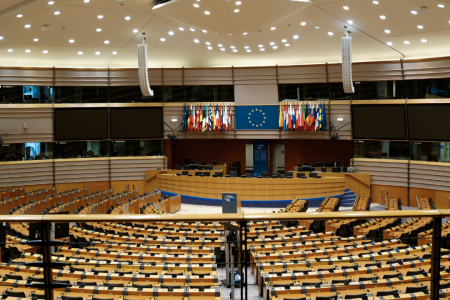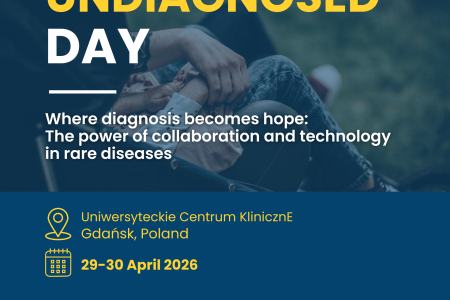ERDERA’s patient-engagement working group has opened an online survey to gauge how rare-disease patient organisations experience their role in publicly funded research, including projects financed under ERDERA’s predecessors, EJPRD and the E-Rare schemes.
The questionnaire—already available here—will stay live for six to eight weeks and seeks first-hand assessments of what works, and what falls short, when patients are invited to shape studies that ultimately affect their own lives.
Patients, care providers and advocates in the rare-disease field often acquire in-depth knowledge of their conditions, combining technical insight with lived experience. “Their perspectives are recognised as vital in shaping, refining, and even redefining research projects in rare diseases. Their lived experiences offer unique insights that can guide research priorities, improve study designs, and ensure outcomes are meaningful to those affected,” says Roseline Favresse, who leads ERDERA’s work on education and training in rare disease research. “This survey aims to get patient organisations’ opinion and feedback about their involvement and engagement in research projects.”
Respondents are assured that individual answers will remain confidential under strict data-protection rules. Once anonymised, the replies will be analysed for patterns—such as whether patient groups are consulted early enough, or whether communication tails off after a grant is secured.
Plain-language summaries of the results will be shared with funders, academic teams and the wider community, informing updated guidance ahead of the next call for proposals. “If we can show, with evidence, where partnership adds value, we give every future project a better chance of tackling questions that truly matter,” Favresse adds. ERDERA is calling on patient associations across Europe to take part and help turn such best practice from the exception into the norm.
Click here to access the survey.





